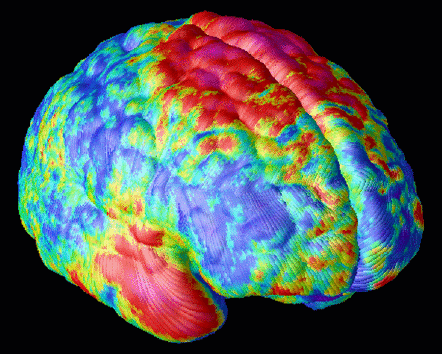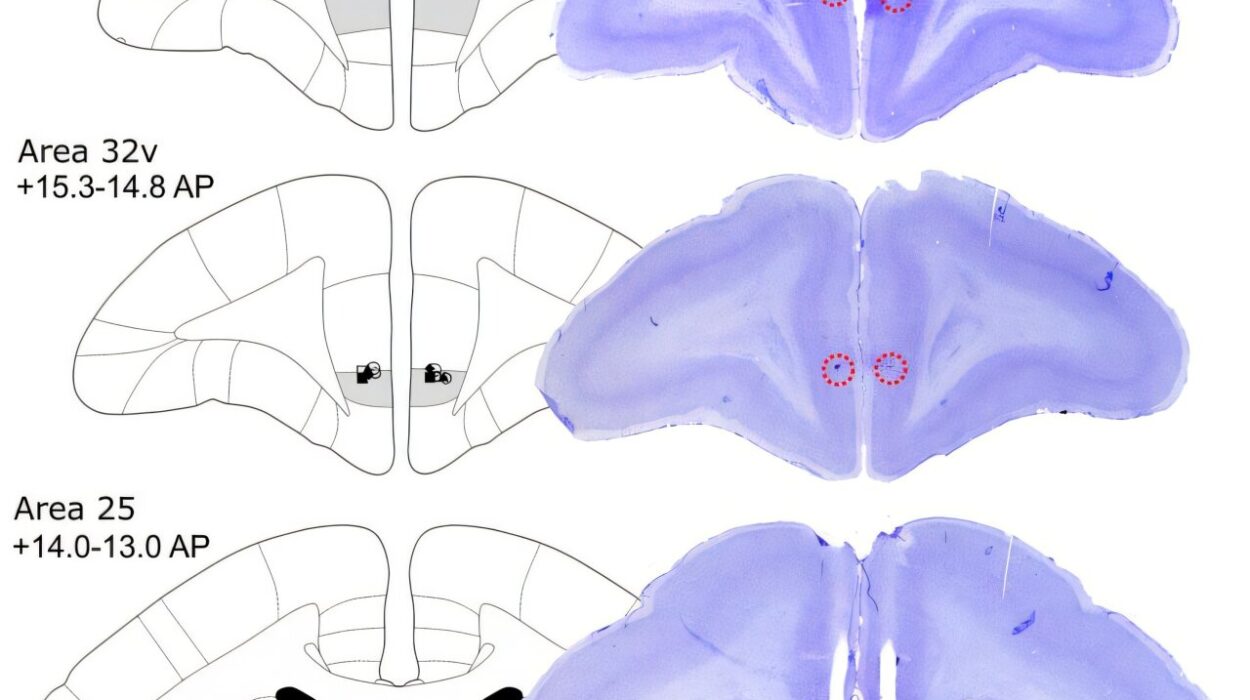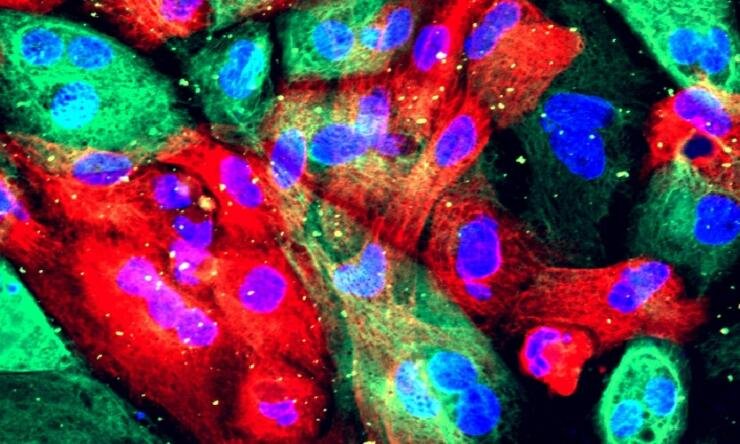Menopause is often spoken of in hushed tones, as if it were a secret milestone women are expected to endure quietly. Much of the conversation, when it happens, focuses on physical changes: hot flashes, night sweats, irregular periods, and vaginal dryness. But the changes that unfold silently—deep within the mind—are just as profound. As estrogen levels decline, the brain becomes a battleground for emotions, memory, mood, and cognition. The truth is, menopause doesn’t just happen in the body—it echoes loudly in the mind.
What makes menopause’s impact on mental health even more complex is that it’s deeply personal. One woman might experience a low hum of anxiety that never used to be there; another might feel waves of rage or sadness crashing over her unexpectedly. Some may grapple with foggy thinking or memory lapses that make them feel like strangers in their own heads. These are not imagined symptoms. They are real, neurochemical, and hormonal in origin—and they deserve attention.
The Hormonal Symphony in Chaos
To understand the mental health challenges of menopause, we must first appreciate the hormonal dance taking place behind the scenes. Estrogen, progesterone, and testosterone don’t just govern reproductive function. These hormones are also tightly woven into the fabric of brain chemistry. Estrogen, in particular, plays a starring role in regulating neurotransmitters like serotonin, dopamine, and norepinephrine—the chemical messengers responsible for mood, motivation, memory, and emotion.
As estrogen levels drop during perimenopause and menopause, this delicate hormonal balance begins to unravel. Serotonin levels may decrease, leading to depression or anxiety. Dopamine activity can falter, making it harder to feel joy or motivation. Norepinephrine’s influence on attention and arousal may become erratic, contributing to sleep disturbances and irritability.
It’s not that the mind is breaking—it’s that the entire neurochemical infrastructure is shifting. The brain is essentially rewiring itself in real time. And while this transformation is entirely natural, it’s far from easy.
Mood Swings: The Emotional Rollercoaster
One of the most common—and distressing—mental health effects of menopause is the surge of mood swings. These are not your everyday ups and downs. They can feel like full-on emotional hijackings. A woman who was once calm and level-headed may suddenly find herself erupting in anger over a minor inconvenience or weeping over a commercial. These outbursts can feel foreign and frightening.
The root cause lies in the fluctuating levels of estrogen and progesterone. Estrogen enhances the effect of serotonin in the brain, and when estrogen dips unpredictably, so does serotonin, leading to instability in mood regulation. Progesterone, often called the “calming hormone,” also declines, removing one of the brain’s natural sedatives.
But beyond hormones, there is also the psychological impact of this life transition. Menopause often coincides with significant life stressors: children leaving home, aging parents, career changes, or even retirement. When these pressures compound with biochemical upheaval, the emotional toll can become overwhelming.
Anxiety and Panic Attacks: The Uninvited Guests
Even women who have never dealt with anxiety before may find themselves gripped by a new sense of unease during menopause. The anxiety can be vague and generalized—a persistent worry that won’t go away—or sharp and acute, like a panic attack out of nowhere. These attacks may mimic heart problems, with racing heartbeats, chest tightness, dizziness, and sweating, which only adds to the terror.
Estrogen normally has a calming effect on the brain’s limbic system, which regulates fear and anxiety responses. As estrogen declines, the limbic system becomes more reactive, increasing the risk of anxiety disorders. The adrenal glands also start to play a bigger role, pumping out cortisol—the stress hormone—which can further amplify feelings of panic and unease.
The most distressing part for many women is that this anxiety seems to come from nowhere. It’s not always linked to external stress. It’s internal, hormonal, and out of conscious control. This unpredictability is what makes it so frightening.
Depression: The Heavy Veil of Sadness
While not every woman becomes clinically depressed during menopause, the risk does increase, particularly in those with a prior history of mood disorders. But even those without a formal diagnosis may feel a creeping sadness, a loss of vitality, or a sense of emptiness that is hard to shake.
This depression isn’t just emotional—it’s biochemical. With the drop in estrogen comes a drop in serotonin, and without enough serotonin, the brain struggles to maintain emotional balance. This can lead to classic symptoms of depression: persistent sadness, loss of interest, fatigue, changes in appetite, sleep disturbances, and feelings of worthlessness.
The societal narrative doesn’t help. In many cultures, menopause is associated with the end of youth, beauty, and fertility. These messages can feed into a woman’s sense of loss and identity confusion, further deepening the emotional weight she carries.
Cognitive Fog and Memory Slips
Many women are caught off guard by the mental cloudiness that seems to descend during menopause. Words disappear mid-sentence. Appointments are forgotten. Concentration becomes difficult. This isn’t early-onset dementia—though many women fear it—it’s what’s commonly referred to as “menopause brain” or “brain fog.”
Cognitive function is heavily influenced by estrogen, which supports the hippocampus and prefrontal cortex—areas of the brain involved in memory and decision-making. As estrogen levels fall, the neural circuits in these regions begin to operate less efficiently. The result? A frustrating inability to think clearly, remember names, or multi-task like before.
This fog usually improves over time, especially after the body settles into its post-menopausal hormonal baseline. But during the transition, it can shake a woman’s confidence and affect her work and relationships. The irony is that society often demands peak performance from women in midlife—just when their brains are under hormonal siege.
Sleep Disturbances and Mental Exhaustion
Sleep is the foundation of mental health, and menopause has a way of pulling that foundation out from under women. Night sweats, insomnia, and frequent awakenings can disrupt sleep for weeks or even months on end. Without restorative sleep, even the most resilient minds begin to fray.
Lack of sleep exacerbates every other mental health symptom: anxiety increases, mood plummets, cognition declines. It becomes a vicious cycle—stress leads to poor sleep, which leads to more stress. And because sleep disturbances are often brushed off as “normal,” many women suffer in silence, never realizing how much their mental health is being drained by sheer exhaustion.
Some women also develop sleep apnea during menopause due to weight gain and changes in muscle tone, which further disrupts oxygen levels during rest and contributes to cognitive impairment. What appears to be depression or forgetfulness may, in fact, be the consequence of fragmented sleep.
Irritability and Anger: The Unfiltered Emotions
Menopause has a way of turning down the volume on patience and turning up the dial on anger. Many women report feeling more reactive, less tolerant, and more prone to frustration than ever before. This irritability is not just a personality change—it’s rooted in brain chemistry.
Estrogen helps modulate the brain’s response to stress. When it disappears, the fight-or-flight system becomes hypersensitive. Everyday annoyances can feel like major crises. Some women feel like they’re constantly simmering, ready to boil over at the slightest provocation.
This change can be deeply unsettling, particularly for women who have spent years being the emotional anchors in their families or workplaces. The sudden inability to control outbursts can lead to guilt, shame, and strained relationships, which then fuel the emotional distress even more.
Self-Esteem, Identity, and the Invisible Woman
Beyond the neurochemical upheaval, menopause affects a woman’s sense of self. In societies that prize youth, fertility, and outward beauty, the menopausal transition can feel like a loss of visibility. Many women describe a feeling of becoming invisible—not just socially, but emotionally.
Body changes like weight gain, thinning hair, and wrinkles can chip away at self-esteem. The end of menstruation, often seen as the end of reproductive power, can evoke complicated feelings around womanhood, sexuality, and value. For those who associate nurturing and caregiving with identity, the empty nest phase can deepen this identity crisis.
Psychologically, this loss of self-image can manifest as depression, anxiety, or a desire to withdraw. But it can also lead to transformation. Some women, freed from the constraints of reproduction and caretaking, discover new passions and purposes. Menopause, then, becomes not just an ending, but a doorway into a new self.
Menopause and Mental Health Stigma
One of the greatest barriers to addressing menopause-related mental health issues is silence. For too long, menopause has been cloaked in shame or dismissed as a minor inconvenience. Mental health, too, is often stigmatized. Combine the two, and you get a recipe for neglect.
Many women suffer quietly, believing they are “going crazy,” when in fact they are undergoing a perfectly natural biological transition. Doctors may overlook or misdiagnose symptoms, offering antidepressants without addressing hormonal causes. Friends and family may minimize their distress. As a result, women are left to cope alone.
But this is beginning to change. Conversations about menopause and mental health are becoming more mainstream. More women are speaking up, demanding better care, more research, and recognition that menopause is not just a physical experience—it’s a whole-life transformation.
Treatment, Healing, and Hope
The good news is that the mental health effects of menopause are treatable. Hormone Replacement Therapy (HRT) has helped many women stabilize mood, improve sleep, and reclaim their sense of self. For others, non-hormonal treatments like antidepressants, cognitive behavioral therapy, or mindfulness practices provide relief.
Lifestyle changes can also make a powerful difference. Regular exercise, a balanced diet, good sleep hygiene, and stress reduction techniques like yoga or meditation can help recalibrate brain chemistry and boost mental health. Social support—whether from friends, support groups, or therapists—can also be a lifeline.
Most importantly, women need to know they are not alone. What feels like a mental breakdown is often a neurohormonal reconfiguration. The storm does pass. And with the right support, menopause can become a time of renewal, wisdom, and deeper self-understanding.
A New Narrative for Midlife
It’s time to rewrite the story we tell about menopause. It is not a descent into decline—it’s a rite of passage, one that challenges the body, tests the mind, and ultimately invites transformation. The mental health struggles it brings are real, but they are also gateways to strength, resilience, and reinvention.
Women deserve to be seen, heard, and supported during this phase. Not just with sympathy, but with science, compassion, and open dialogue. When we understand how menopause affects mental health, we can offer more than coping strategies—we can offer empowerment.
Because the woman who emerges on the other side is not less. She is more—more grounded, more self-aware, and more equipped to live authentically than ever before.






